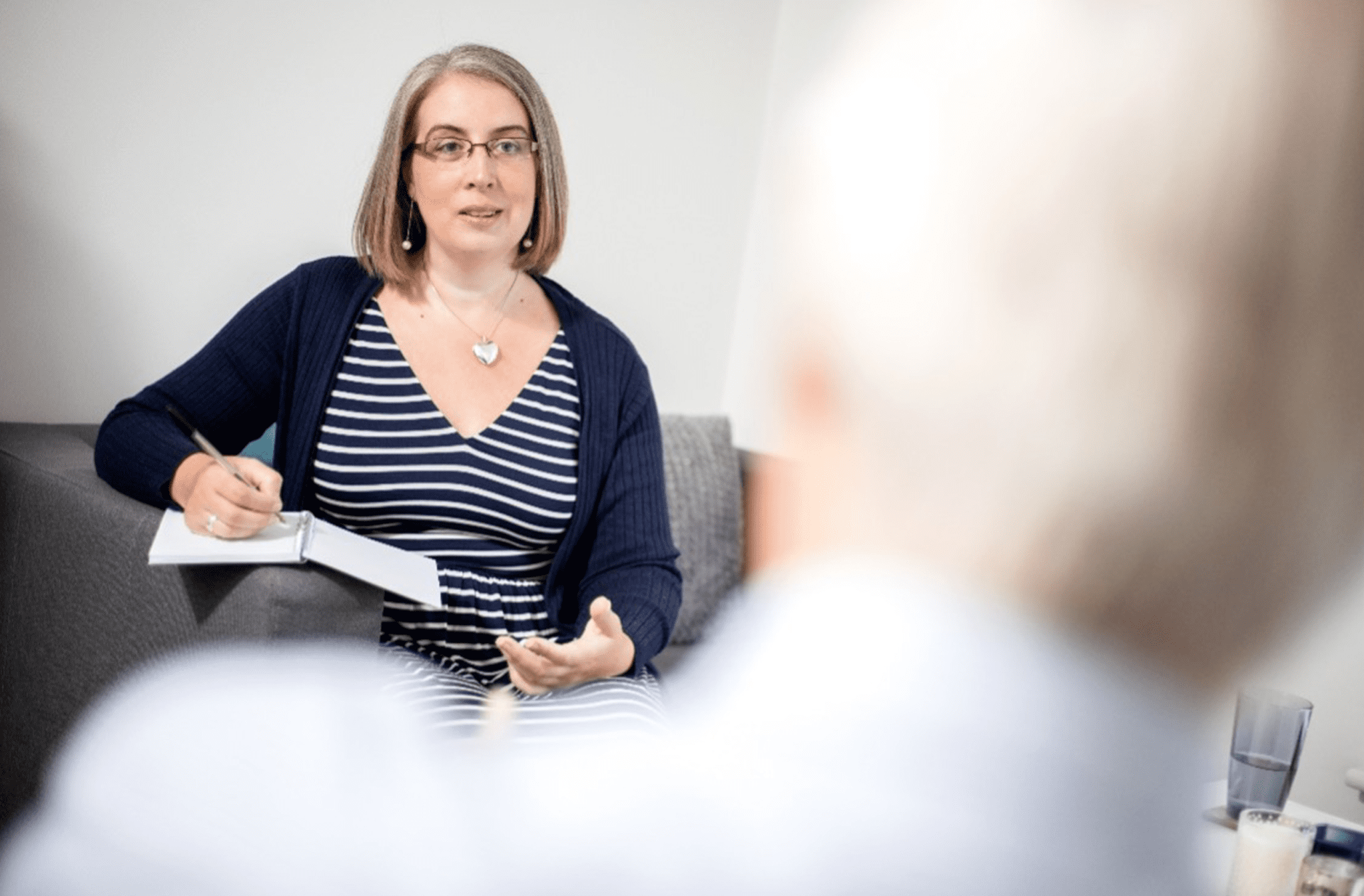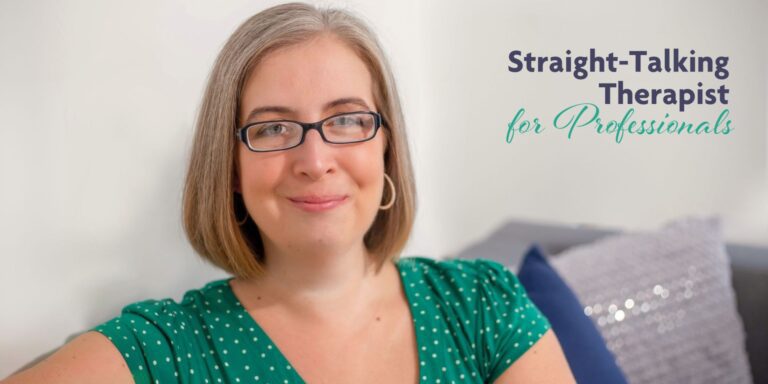There are some common questions that come up about therapy and what to expect. If you’ve not accessed it before, it can be understandably daunting. In this article I will answer some of the most frequently asked questions (FAQs) for therapy.
What happens in the first therapy session?
The first session is centred around beginning to build a trusting relationship between you and your therapist. They will also ask you questions and gather information to help them to form a personalised plan of treatment for you.
Common questions you could be asked:
- What is it that prompted you to start therapy?
- What are the main problems or issues that are troubling you?
- How are these problems or issues impacting you and your life?
- Can you give me an overview of your history of symptoms?
- Can you tell me about any relevant experiences or challenges from earlier in your life?
- What are your goals or desired outcome from therapy?
You should also be given the opportunity to ask any questions that you might have, or share anything that you consider to be important.
At the end of the first therapy session, you will be given the option of booking a further session. You don’t have to decide this immediately, you can go away and think about it, or make a choice not to return if that is what you wish.
What if I don’t know what I need help with?
This is actually very common. Lots of clients I work with will know there’s something that’s not working, that something needs to change, but won’t know what the problem is. That’s absolutely fine. Psychotherapists and counsellors are trained to assimilate the information you give them, piece it together, and from that identify what direction the future sessions should go in.
In the work I do with clients, this is given as feedback after the first or second session and discussed with you.
How many therapy sessions will I need?
As you can probably guess, there isn’t a single answer to this question. It can vary greatly from person to person. Different types of therapy work in different ways, some short-term, some long-term. Cognitive Behavioural Therapy that I practice is typically short-medium term. It’s rare for me to see a client for less than 4 sessions. Most clients will see me for between 6-12 therapy sessions. I occasionally work with clients for 20-25 sessions when problems are more longstanding, or they need more time to make changes.
The approach I take to therapy is very much about teaching you what I know and enabling you to overcome or better manage the problems. Some clients will choose to come for top up sessions every now and then. But my aim is always to make it so you don’t need me going forwards as I know that’s what I’d want in your shoes.
How can I get the most from my therapy sessions?
Psychotherapy can be a large financial commitment, so it’s good to consider how to get the most out of your therapy sessions.
A few pointers:
- Be honest, be willing to say out loud those things you don’t like to think about
- Bring a notepad to the sessions or ask your therapist to send you a summary after
- Invest time outside of the session in applying your learning
- Share when there’s problems or barriers. We don’t expect your journey to be plain sailing, but it’s much easier when we know about any difficulties so we can help you to work through them
- Ask questions
What is therapy like?
The therapy experience can be very different depending on the type of therapy and on your individual therapist too. However, there is one consistency – change is hard. It is very much worth it, but it’s not easy. It’s easier to default back to our old patterns even if they don’t work for us. There may be therapy sessions that feel tough or draining. But you can also expect to be able to make sense of things that you didn’t before, to be able to piece things together, and lots of clients report ‘lightbulb’ or ‘aha’ moments which are hugely valuable.
Different therapists create a different feel or vibe in the session. Some are more formal, some are more relaxed. I’m proud that my clients regularly tell me how much they enjoy our sessions and how relaxed they are in my therapy room. For me this is important – therapy can be a difficult process, I want it to be light-hearted when it can be, for you to feel comfortable, and you won’t have to filter what you are saying.
Interested in finding out more about how I do therapy? Read Why Should I Choose You? | Hannah Paskin (hannahpaskintherapy.co.uk)









